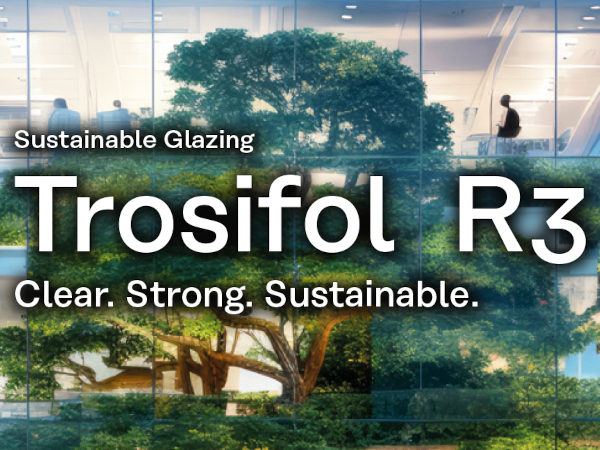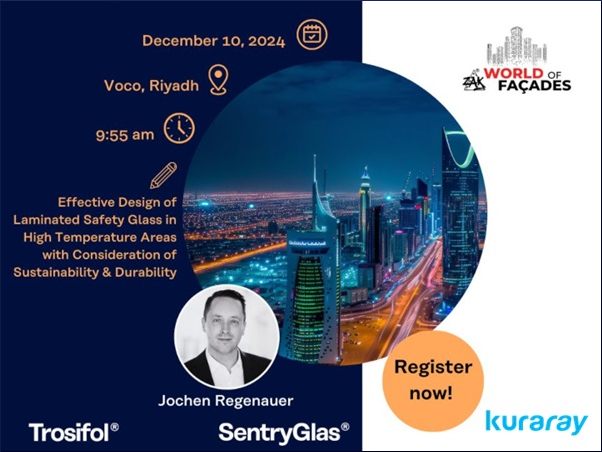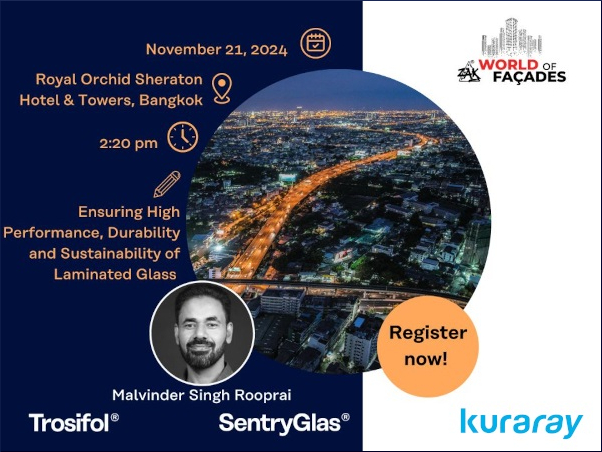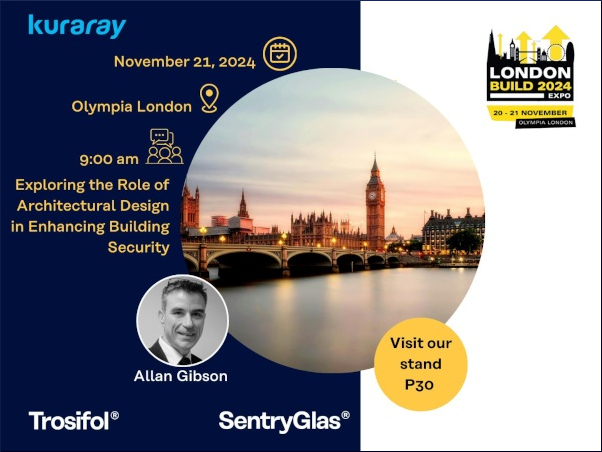Date: 13 June 2012
This is a pioneering development of a new PVB film with a modified formulation. This highly transparent film with outstanding UV transmittance achieves even more efficient energy yield in crystalline UV selective solar cells and CIS/CIGS Thin Film modules.


In addition, thermoplastic (and hence non-curing) plastic polyvinyl butyral (PVB) displays excellent and long-lasting adhesion. The film shows exceptional resistance to heat, UV radiation and other environmental influences.
TROSIFOL SOLAR UV+ is highly compatible with other module components, can be stored and processed for up to four years and displays reproducible behaviour in all conventional lamination processes.
The film is available in thicknesses of 0.50 and 0.76 mm in roll lengths of 370 (for 0.50 mm) and 250 metres (for 0.76 mm), each with a polyethylene interleaf. Customized film thicknesses are available on request. Further technical details can be found in the current product brochure.
BIPV with TROSIFOL SOLAR
TROSIFOL continues to be active in the growth market of Building Integrated Photovoltaics (BIPV).
BIPV means the generation of solar electricity with modules integrated in buildings, e.g. as facades, roof-elements, as solar protection or in other integral elements of a building structure. Encapsulation materials of transparent plastic make an important contribution here to the durability of photovoltaic modules and long-term power generation. In the last few years, PVB has become established as the alternative to the widely used EVA.
Under the “TROSIFOL SOLAR” brand name, Kuraray Europe GmbH was the first manufacturer worldwide to develop a special PVB film for use in solar modules. Solar modules containing TROSIFOL PVB films have been successfully undergoing outdoor weathering tests on module test stands, e.g. at the Berlin Photovoltaic Institute and the Fraunhofer ISE Institute, since the beginning of the Eighties.
PVB has excellent optical properties, high adhesion to glass, high impact resistance and outstanding UV, temperature and weather resistance. Employed as the encapsulation material in glass/glass modules - both thin-film and crystalline - TROSIFOL SOLAR R40 PVB films impress with their exemplary transparency, very good electrical properties, broad compatibility with different module materials and straightforward processing in all conventional lamination processes.
In addition, TROSIFOL SOLAR PVB films display the whole range of characteristics familiar from the production of laminated safety glass, such as outstanding mechanical strength.
TROSIFOL SOLAR R40 films are certified to IEC 61646:2008 and IEC 61730 by TÜV Rheinland, UL-registered in Certificate No. E330225 and are produced to the specifications of Environmental Management System ISO 14001:2004.
Important advantages of TROSIFOL SOLAR PVB film at a glance:
* PVB storable for up to 4 years until use
* High resistance to impressions and no edge flow and hence no contamination of the modules in the lamination process
* Reproducible lamination process (PVB does not cure)
* Suitable for use in other, more cost-effective lamination processes in addition to vacuum lamination
* Proven long-term UV and temperature resistance (familiar for decades from PVB's use in laminated safety glass) * Combination with noise-reducing or coloured films possible for the satisfaction of aesthetic or functional needs
We look forward to seeing you at the intersolar Europe 2012 in Munich: Hall 5, Stand A5.360
Press contact: Steffen Weber, Head of Business Development & Marketing Kuraray Europe GmbH, Division TROSIFOL, Mülheimer Strasse 26, 53840 Troisdorf, Germany Phone +49 (0) 22 41 / 2555 201 Fax +49 (0) 22 41 / 2555 299 E-mail: trosifol@kuraray.eu








Add new comment